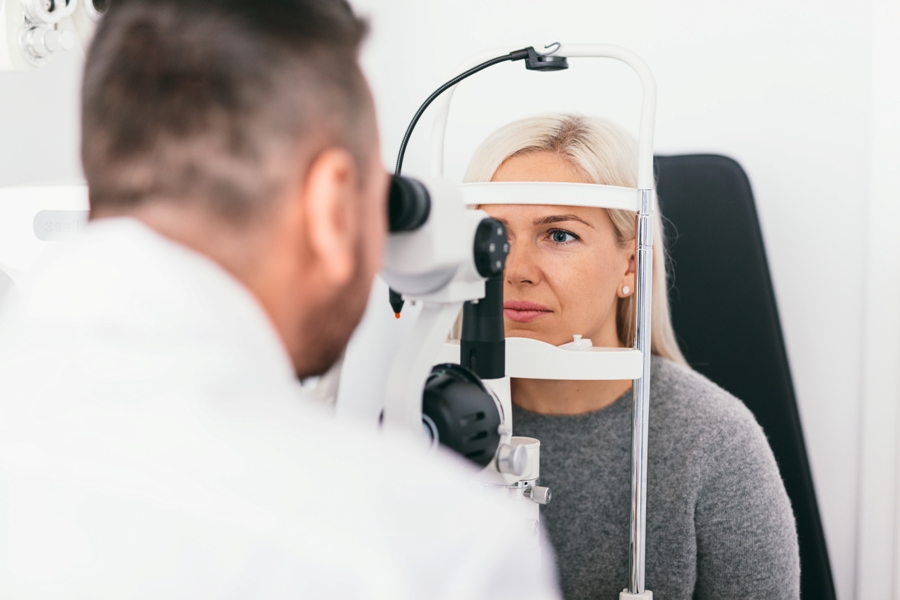Can Lyme disease cause jaundice?
Gastrointestinal complications are often seen in Lyme disease. But hyperbilirubinemia, a condition that causes yellow discoloration of the eyes and skin, referred to as jaundice, is a rare manifestation of Lyme disease. Only a handful of cases have been reported in the literature.
Atypical symptoms of Lyme disease: numbness, paresthesia and abdominal wall weakness
Doctors are beginning to consider Lyme disease as a possible diagnosis in patients who present with unusual symptoms. This case study, published in the New England Journal of Medicine, features a patient with unique manifestations of Lyme disease. Physicians presented the case at neurology grand rounds at Massachusetts General Hospital. [1]
Subacute transverse myelitis caused by Borrelia infection
Lyme neuroborreliosis can manifest as encephalitis or acute/subacute transverse myelitis. Only a handful of subacute transverse myelitis cases have been reported in the literature. In their article, “Subacute transverse myelitis with optic symptoms in neuroborreliosis: a case report,” Opielka et al. describe one of the few cases of subacute transverse myelitis (SaTM) associated with Lyme neuroborreliosis and involving the optic nerve.
Lyme disease infection triggers heart block in young man
Although Lyme carditis is reportedly an infrequent manifestation of Lyme disease, new-onset heart block in young patients is exceptionally rare. And a lack of objective Lyme disease symptoms, such as an erythema migrans rash, can make it challenging to diagnose Lyme carditis in this patient population. But a new tool, developed in 2018, may assist clinicians in identifying possible cases.
Lyme disease and depression case
There has been increasing research linking COVID-19 with the development of neuropsychiatric symptoms, including depression and anxiety. But multiple studies have already found an association between other infections, such as Lyme disease, and the onset of depression.
Atypical findings in Lyme disease makes diagnosing difficult
What happens if there are atypical findings in Lyme disease? A case report by Sharma from the Mayo Clinic in Minnesota describes a 45-year-old man who presented to the emergency room with weakness, chills and oral pseudomembrane (which can be caused by thrush), along with multiple cellulitic-appearing skin lesions.
POTS patients with brain fog have neurocognitive deficits
Individuals with POTS, or postural orthostatic tachycardia syndrome, often complain of cognitive problems, like the inability to focus, difficulty concentrating and forgetfulness. These cognitive symptoms are often referred to as “brain fog” and are commonly seen in POTS patients and other illnesses, including Lyme disease.
Are gastrointestinal problems in Lyme disease due to autonomic dysfunction?
Patients with Lyme disease often complain of gastrointestinal (GI) problems, which are typically dismissed by clinicians as being unrelated to the tick-borne illness. But a new study by Manini and colleagues examining GI symptoms in children with postural orthostatic tachycardia syndrome (POTS), an autonomic dysfunction, provides some supportive evidence and insight into a possible association. [1]
Lyme arthritis following an operation – 5 cases
A review article by Hess and colleagues published in Sports Health explores the incident rate of Lyme arthritis in postoperative patients. One out of every three patients reports having arthritis as one of their initial symptoms of Lyme disease. In turn, a majority of patients are often first evaluated by orthopedic surgeons. Lyme arthritis, however, “has rarely been reported as a postsurgical complication.”
POTS : An autonomic disorder in Lyme disease patients
Lyme disease patients can suffer from various autonomic dysfunctions, particularly Postural Orthostatic Tachycardia Syndrome (POTS), arguably the best-studied autonomic disorder.













